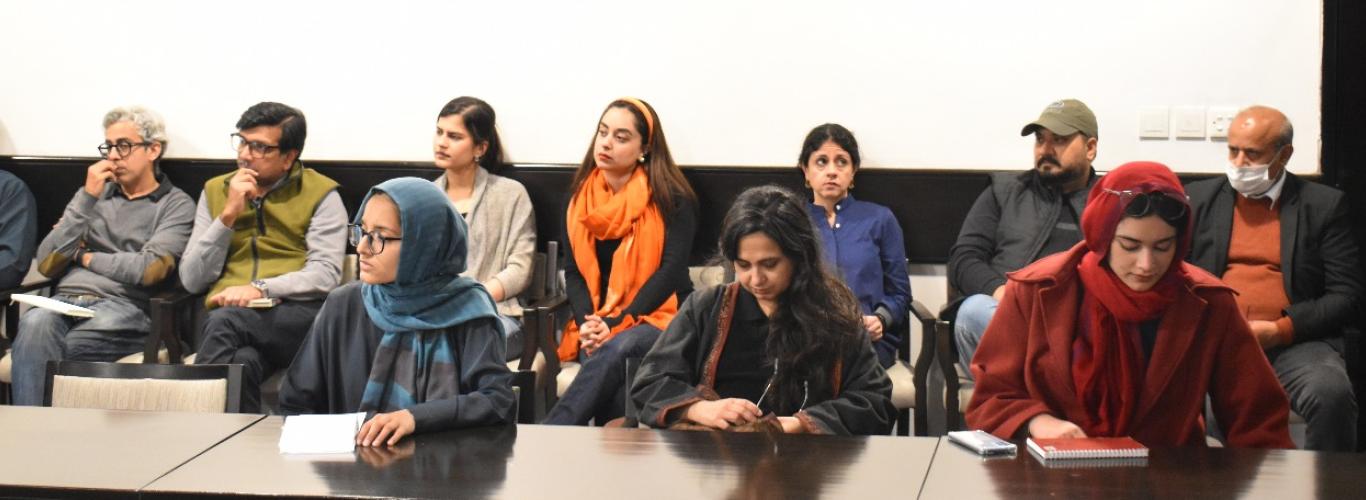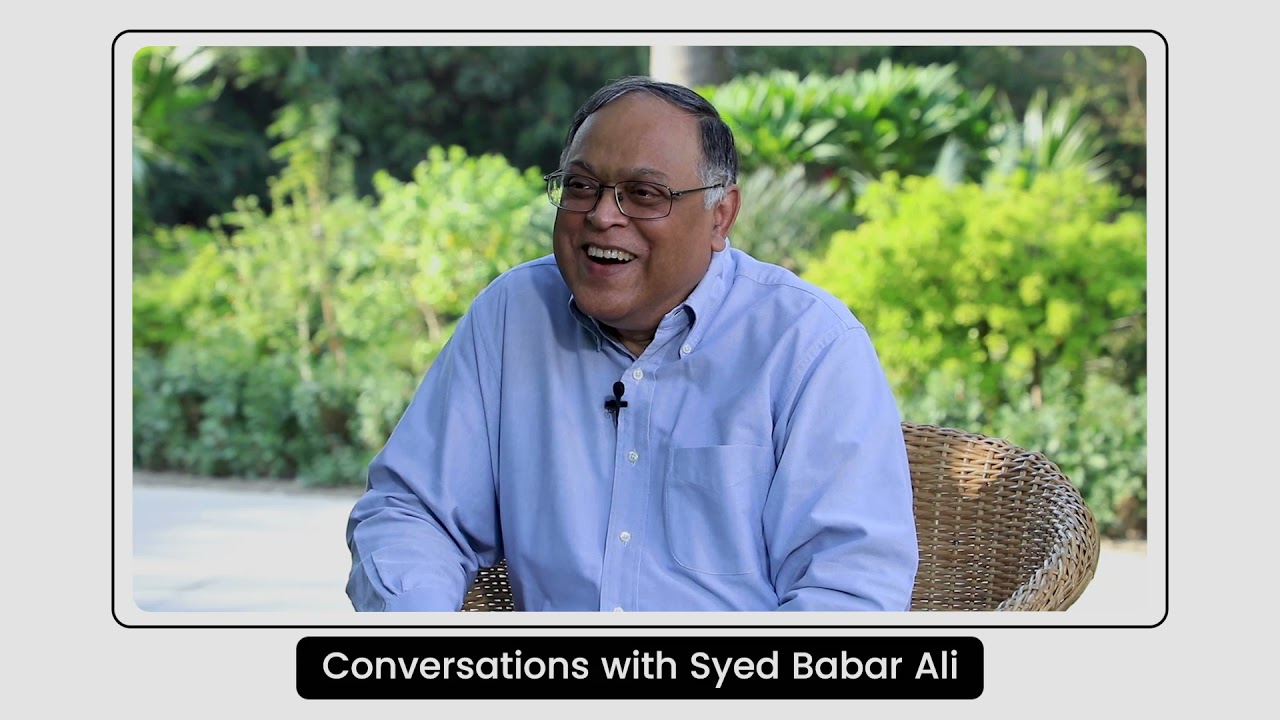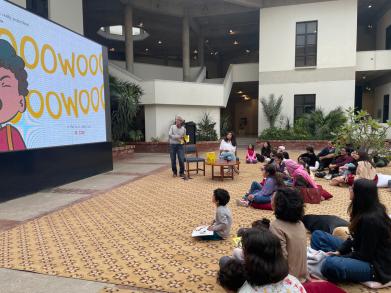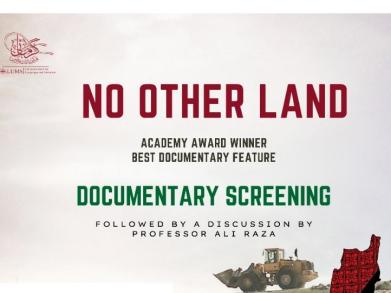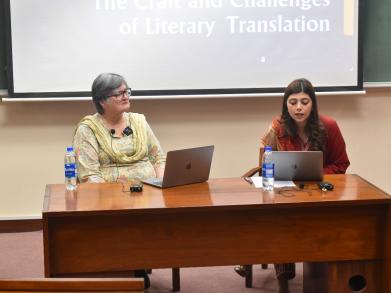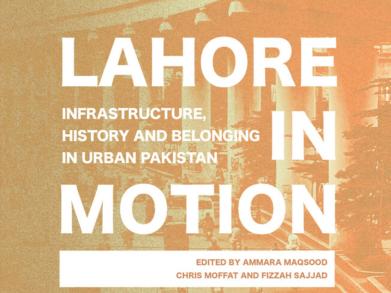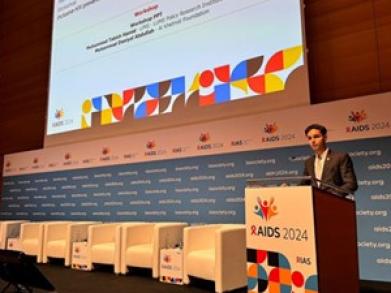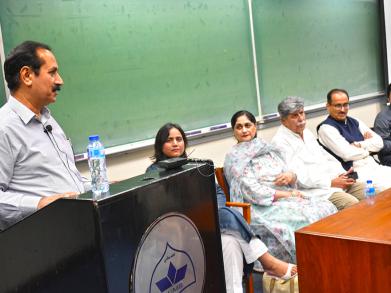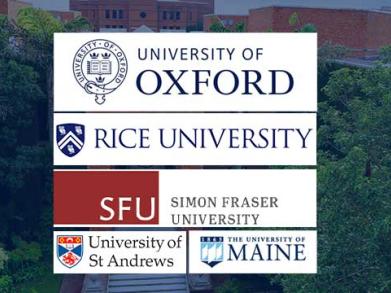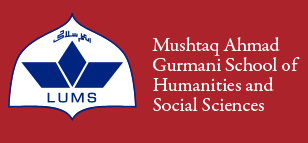Urdu, Islam, and the Cold War: Literary Narratives and Ideological Currents
The Gurmani Centre for Languages and Literature recently hosted an insightful discussion titled "Urdu, Islam, and the Cold War: Literary Narratives and Ideological Currents." The event focused on the ideological and literary evolution of Urdu literature across colonial and postcolonial periods, with particular emphasis on the influence of the Cold War on literary narratives and cultural production in Pakistan. The session featured Dr. Ali Raza and Dr. Maryam Wasif Khan as speakers, with Dr. Ali Usman Qasmi joining the discussion.
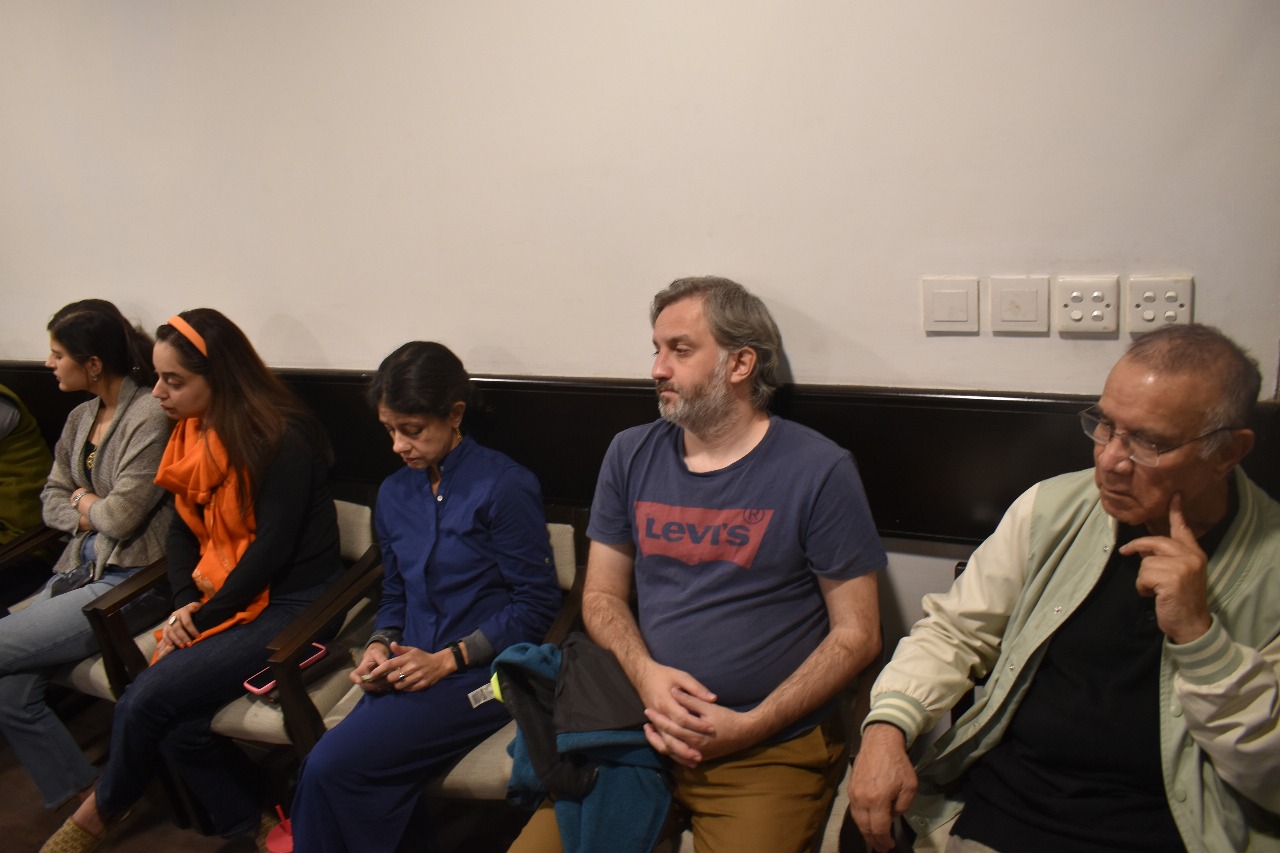
Dr. Maryam Wasif Khan provided a historical analysis of Urdu literature, tracing its origins from colonial institutions to its development in contemporary Pakistan through novels. She argued that a central question in Urdu literature—"Who is a Muslim?"—has been a persistent theme since the 18th-century English Oriental tales, which later took on complex political and ideological meanings in British India and postcolonial Pakistan.
The discussion examined how Urdu literary canons have historically been shaped not through secular or progressive ideals but through the intertwined themes of piety, national identity, and citizenship. Dr. Wasif Khan explored the role of book sanctions and political affiliations in shaping Urdu literary trends, particularly through the works of writers such as Razia Butt and Naseem Hijazi. She elaborated on how reformist fiction aligned with the national literary landscape of Urdu, emerging primarily from magazine and journal cultures and maintaining a distinct ideological agenda. Unlike the Progressives, who represented a rupture from reformist traditions, reformist fiction was deeply informed by Islamic nationalism and a totalizing vision of Islam. The portrayal of women's spiritual and sexual identities in reformist fiction was also discussed as a critical element in shaping selfhood and societal roles.
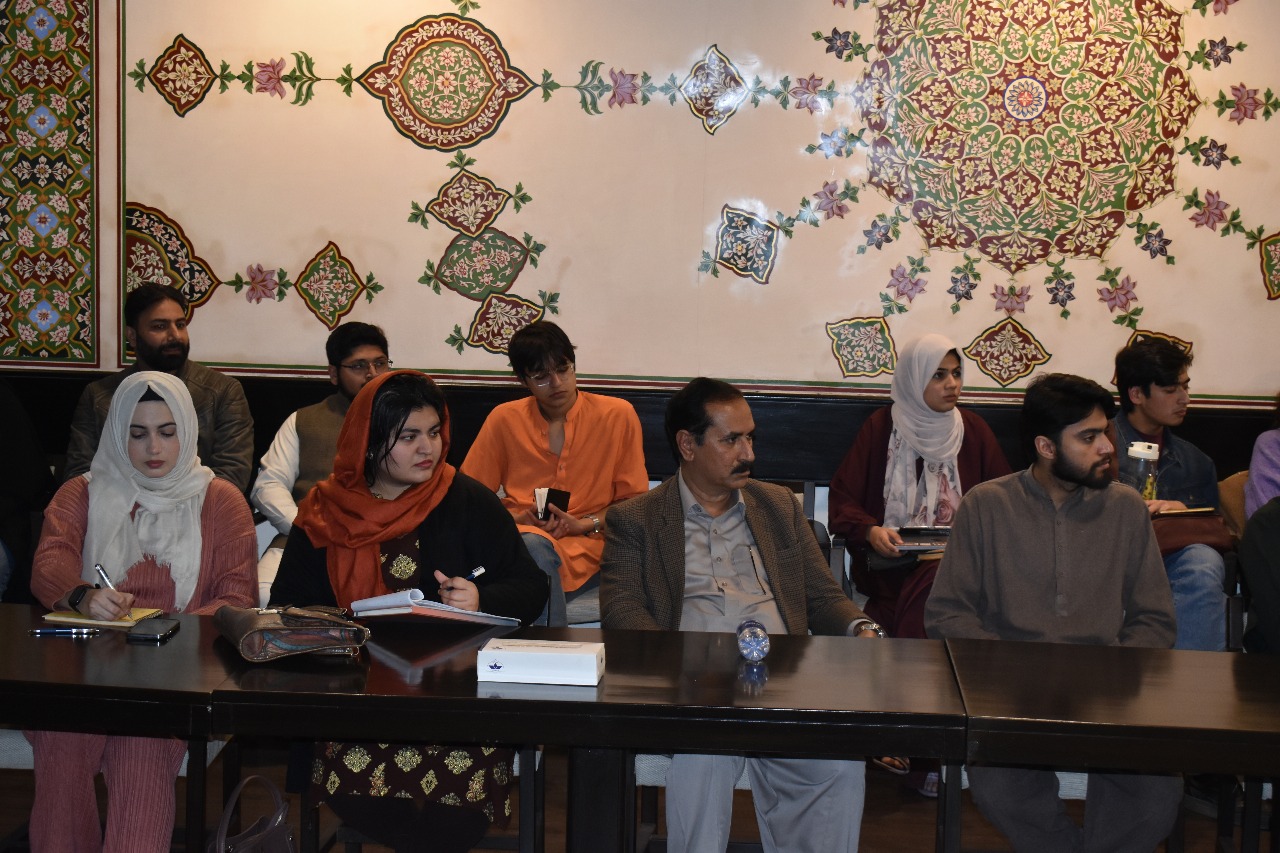
Dr. Wasif Khan also touched upon the political narrative of South Asian history, arguing that regional dynamics have shaped Pakistan’s historiographical framework. She noted that the dominant historical discourse in Pakistan resists tracing its past to Mohenjo-Daro, instead beginning with the advent of Islam as a defining moment in the region’s identity formation.
Dr. Ali Raza delved into the impact of global political forces, particularly during the Cold War, on Urdu literature. The discussion shed light on how CIA-backed initiatives, such as the Congress for Cultural Freedom (CCF), strategically promoted specific ideological narratives while sidelining others. These efforts significantly shaped Urdu literary production in South Asia, reinforcing particular political and intellectual currents.
He highlighted how Pakistan emerged as a crucial battleground in the cultural Cold War between the Anglo-American West and the Soviet bloc, serving as a key medium for ideological influence. He also discussed the role of Moscow’s Progress Publishers and their global translation efforts, which aimed to counter Western narratives by making Soviet literature widely accessible.
The session further explored how social realism, the rise of jazz music, the rejection of rigid literary structures, and the discourse on fluidity and artistic expression became defining features of this era.
Additionally, Dr. Raza examined the CCF Pakistan Committee’s role in shaping intellectual discourse, particularly in academic circles. The committee positioned religion as a counterpoint to atheism and sought to influence university students by steering discussions within a structured ideological framework.
The event provided a compelling analysis of the intersection between Urdu literature, ideology, and political history. It offered a nuanced understanding of how the reformist movement, progressive literature, and Cold War-era cultural politics have influenced the literary and intellectual landscape of Urdu. By critically engaging with these themes, the session highlighted the power structures embedded in literary production and the continuing ideological debates within Urdu literary traditions. The discussion left attendees with a deeper appreciation of how literature serves as a medium for both resistance and ideological reinforcement, shaping national and religious identities in Pakistan.

